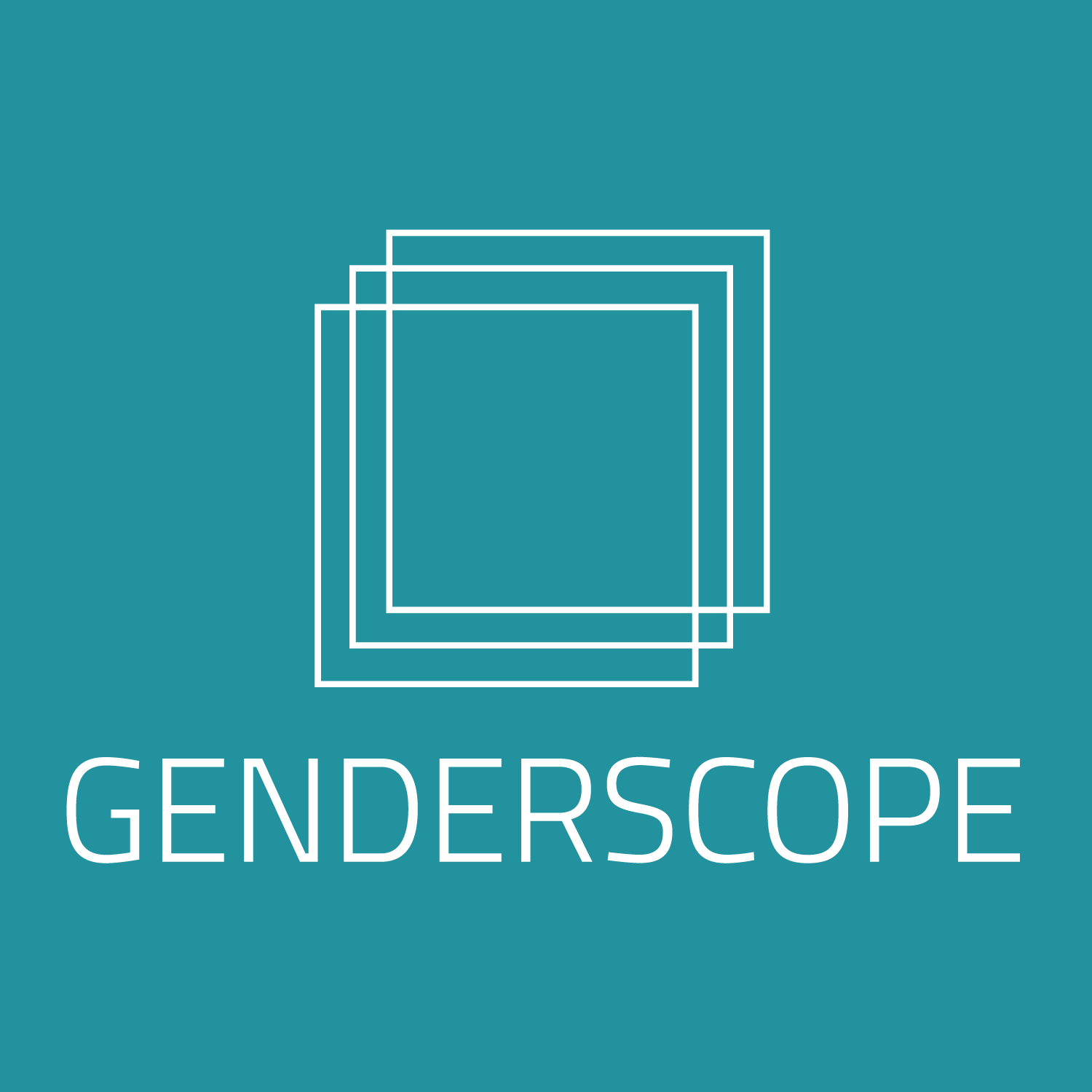In recent years, we have seen influencers, digital creators, artists, and fashion houses taking a public interest in political and social issues and promoting digital awareness campaigns or support for various causes. These are value-based positions that concern individual battles – exploitation, the fight over the climate crisis, gender inequality. It goes beyond the logic of the schedule set up (and imposed) by others. The dynamic to which we are now accustomed comes into play for everything concerning our cultural consumption.
The Importance of Trust in Companies
We are now living in the digital era where most information and opinions go through Instagram, Facebook, TikTok, and many other social networks, which people today trust more than any government or politician, according to Edelman Research’s latest Trust Barometer, which polled 36,000 people in 28 countries about their trust in various institutions in November 2021, as they are made for the people by the people.

According to the Edelman Trust Barometer Special Report, Brand Trust in 2020, 53 percent of respondents say: “Whether you trust the company that owns the brand or a brand that makes the product” is the second most important factor when purchasing a new brand. Trust is second only to price (64 percent); 70 percent say trusting a company is more important today than in the past – a shared belief among age groups, gender, and income; 81 percent say personal vulnerability (around health, financial stability, and privacy) is the reason why company trust has become more important. Trust is not the make-or-break difference for brands:

The loss of confidence in political institutions has led to trust in other non-political institutions such as companies, fashion houses, and influencers that also treat political issues. Low trust in political institutions turns into disappointment and is reflected in the civic sense, creates discontent, feeds behaviors contrary to the ethics of responsibility, and favors “private trust” and its peculiarities.
Fashion Industry and Consumers’ Concern for Ethics and Sustainability
Trustpilot’s latest survey conducted internationally in collaboration with London Research has shown that fashion lovers not only have become more cautious about spending, but they are also extremely aware of the need to purchase items from fashion brands and retailers with strong practices, ethics, and sustainability: more than four out of five consumers (exactly 82 percent) said they would definitely (31 percent) or likely (51 percent) stop buying from a brand that turned out to be devoid of ethical standards.
Companies’ Growing Interest in Political Topics to Attract More Audiences
Today’s companies are getting closer and closer to political topics to attract more audiences, become part of the popular discourse, and induce people to sympathize with them to sell more. That would be the most logical explanation for their choice even though consumers do not choose a brand according to their political positions, but rather on their own purchasing power.
However, those who would choose to buy a Gucci garment because they support its causes in favor of gender equality, may not have the possibility to buy designer brands. They would
end up buying an H&M garment and unknowingly financing the exploitation of women workers in Bangladesh. So, what is their stance on political issues worth? If the #MeToo, #TimesUp, and #HeForShe movements had not been translated into hashtags, they probably would have never spread as they had; and if they succeeded it has been especially thanks to the influencer marketing and the brands that decided to take a position by standing up for women’s rights. Strategy or strong belief? Did these brands effectively give more rights to women?
The Effectiveness of Brands’ Political Stance in Fighting for Human Rights and Women’s Rights
The violation of human rights mainly concerns the less visible points of the production chain of the companies, such as the extraction and processing of raw materials or the safety in factories. In order to truly judge their interest in respecting human rights and the value they attach to people’s lives, we need to look at how they protect people’s rights regardless of where they are.
Examples of Companies’ Different Approaches in Respecting Human Rights: H&M vs. Gucci
There are plenty of examples to look at, such as H&M, that “believes in a society where everybody has an equal voice and representation” but then created a foundation to support women garment workers in Bangladesh where female workers still face sexual harassment and verbal physical abuse. Not respecting their own policy is not the only mistake that has led H&M to devalue itself as well as to prey on customers, but several more and more serious mistakes have been made over the years, such as the incident in 2010, when 21 workers died and 50 were injured in a fire at the H&M factory in Bangladesh. And it is not a single episode.
On the other hand, Gucci is acting in a completely different way. They created Gucci Equilibrium, a blog entirely dedicated to the brand’s commitment to fighting every form of gender disparity. We could say that this brand has become an activist and politician itself. In recent years, it has been taking sides in favor of issues such as diversity, equity, and inclusion. In fact, the Florentine fashion house is the first luxury brand to join the UN coalition for women, in fact, Gucci joined Action Coalitions, an international organization made up of representatives of activists, civil society representatives, and philanthropists that has set itself the goal of leading and defining projects to achieve gender equality. The Maison of the Kering group has been committed to gender equality also through the organization Chime For Change for years, a project that aims to raise funds to donate to women in need, such as help and support mothers in Ghana by funding mothers2mothers that work to eliminate mother-to-child transmission of HIV during pregnancy, childbirth, and breastfeeding by providing education and support to local mothers living with HIV in sub-Saharan Africa.
Gucci’s Commitment to Fighting Gender Disparity
Along with several successful commitments, Gucci first partnered with I was a Sari in 2018 to accelerate its mission to promote gender equality and circular fashion. I was a Sari is a Mumbai-based social enterprise focused on equipping women from underprivileged communities with luxury embroidery skills to support their financial independence. They produce garments and accessories through the creative re-use of pre-loved saris, supporting a circular economy. since 2018, many of Gucci’s employees volunteered in skill-sharing, by training I was a Sari artisans. 170 women have so far been involved and, in 2020, Gucci launched a special embroidery training program, available for free, on a dedicated online platform to elevate the impact of the project. As a result, I was a Sari has made significant progress and is now producing three times the output than in 2018 when the partnership started.
Not just words, but facts.
In conclusion, trust has become an essential factor for companies to maintain a positive reputation and increase their customer base. As trust in political institutions decreases, consumers turn to non-political institutions and companies to meet their ethical and sustainability concerns. The fashion industry is no exception, as consumers increasingly demand transparency and social responsibility from their favorite brands. Companies are also recognizing the importance of taking a stance on political issues to attract and retain customers. This includes fighting for human rights and gender equality.
The provision of gender equality consultancy services is vital for enabling women in the workplace by eliminating obstacles, encouraging diversity and inclusivity, and fostering a culture of equality and respect. At Genderscope, we acknowledge the significance of gender equality and are devoted to providing our clients with proficient consultancy services in this domain.
Our team of gender equality consultants is committed to assisting companies in developing a workplace that is more inclusive and diverse, where women can excel and attain their maximum potential. Contact us today to discover more about our gender equality consultancy services and how we can assist your company in promoting gender equality and empowering women.
